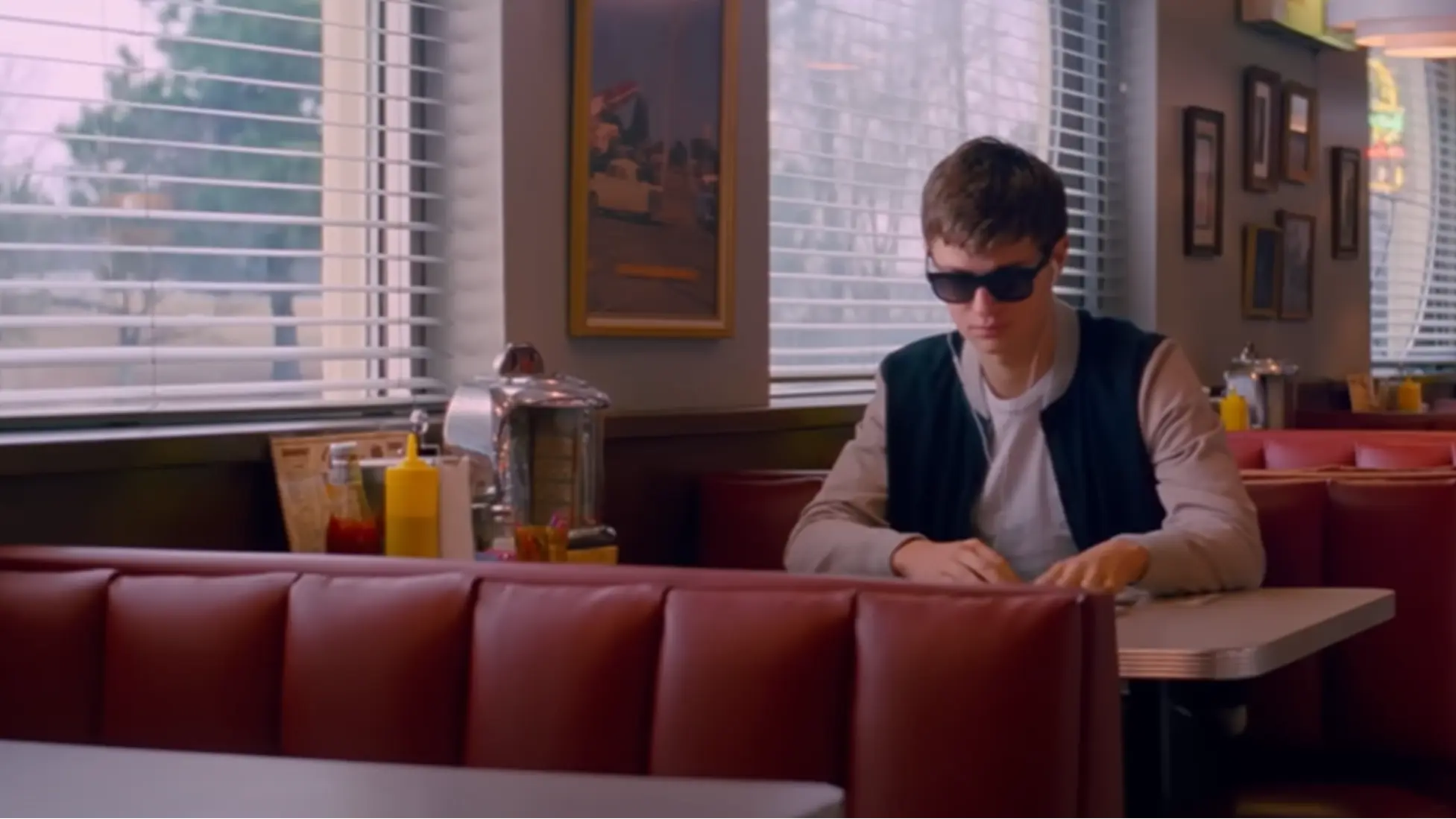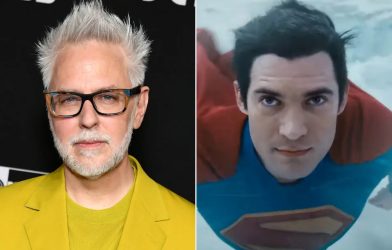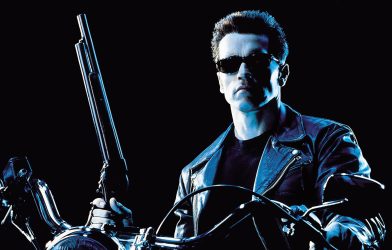
BABY DRIVER (2017). Photo: ©Sony Pictures Entertainment / Courtesy Sony Pictures Entertainment
I still remember strolling into the multiplex on June 28 2017, thinking Baby Driver would be a pleasant-enough matinee. The thing cost just $34 million to shoot, yet it roared out of summer with a worldwide haul of $226.9 million, roughly 6.7 times its budget. In plain math, that’s a cool 567 % return before marketing costs, better than many caped crusaders manage.
And it did this while rubbing shoulders with heavyweight releases; Transformers: The Last Knight had fizzled out the week before, Spider-Man: Homecoming and War for the Planet of the Apes were queued up for July, and Nolan’s prestige war epic Dunkirk was already locking its targets on awards voters.
Yet the self-styled “car movie driven by music,” as director Edgar Wright happily put it, in his Vogue exclusive dated June 27, 2017, danced past the lot. Why? I’d pin it on three things: perfect timing in a franchise-fatigued season, infectious soundtrack-choreography that looked “new,” and word-of-mouth buzz louder than its lead character’s tinnitus.
Baby Driver turned up when audiences craved sugar hits, not supper-club depth, and we rewarded it.
When slick style outscores substance
It isn’t that 2017 lacked quality. Dunkirk landed two weeks later with $150 million in sunk costs and $526 million in receipts, just 3.5× its budget. Wonder Woman had already stormed past $823 million on a $149 million budget (5.5×). Even Spider-Man: Homecoming posted $880 million on a spend of $175 million (5×).
But because Wright’s picture was leaner, its percentage return dwarfed those giants. The ROI crown matters more to green-lighters than raw gross, and we, the ticket buyers, handed it to the upstart.
Critics, for their part, mostly swooned. Empire’s Terri White in his movie review dated June 19, 2017 called it,
“one of the most utterly original films in years.”
That chorus fed social feeds, turning a mid-budget caper into an event. Meanwhile, the songs did half the marketing. Spotify playlists, vinyl drops, and YouTube super-cuts made sharing effortless, a lubricant the soberly marketed War for the Planet of the Apes ($491 million on $150 million, 3.3×) lacked. Music moved the needle, craft alone did not.
The 2017 benchmarks Baby ignored
Look at the spread that summer and tell me we didn’t have tastier options:
| Title (release window) | Budget | Worldwide gross | Multiple |
|---|---|---|---|
| Baby Driver (Jun 28) | $34 m | $226.9 m | 6.7× |
| Girls Trip (Jul 21) | $19 m | $140.6 m | 7.4× |
| Dunkirk (Jul 21) | $150 m | $526.0 m | 3.5× |
| Spider-Man (Jul 7) | $175 m | $880.2 m | 5.0× |
| Wonder Woman (Jun 2) | $149 m | $824.0 m | 5.5× |
The raw dollars say the capes and soldiers won. The percentage column says audiences handed the MVP medal to the wheel-man. I’m convinced that placement was everything: Sony pulled Baby Driver forward from mid-August to late June, snagging an empty lane between a spent Transformers sequel and Spider-Man’s wall-crawling return.
Why we, yes, “you” made it happen
1) Soundtrack as a selling point – The first trailer cut gunshots to beats and promised a mixtape-heist mash-up. As cited in the Catalyst magazine interview report, lead Ansel Elgort later told student journalists that on set, almost everybody’s moving to music, and feeling the music, stating,
“almost everybody’s moving to music, and feeling the music. There’s something about being a musician and having the rhythm that obviously guys like Jamie Foxx and Flea have. So, yeah, I think Edgar wanted that.”
It underscores how inseparable the gimmick was. Gimmicks sell, nuance debates itself.
2) The “original” badge – After a decade of reboots, a crime caper with no number in the title felt fresh. Box-office columnist Scott Mendelson called its $30 million opening “dynamite” and proof that “originality prevails.”
3) Cast heat, before the scandals – 2017 viewers saw Kevin Spacey, Jamie Foxx, Jon Hamm, and rising star Elgort as a value bundle. The misconduct revelations that later engulfed Spacey and, in 2020, Elgort, were still in the future. We paid first, judged later.
And let’s be honest, most moviegoers chase dopamine, not discourse. We collectively rewarded a sugar rush with blockbuster money, while serious fare like Blade Runner 2049 would limp to 1.4× budget that autumn. Wright’s own shrug sums it up best. He stated in the Vogue exclusive,
“I like to call it a car movie driven by music.”
We heard the beat, bought a ticket, and let a very decent, but hardly profound, movie throttle past films that arguably deserved the profits more.
Stay tuned for more updates.









